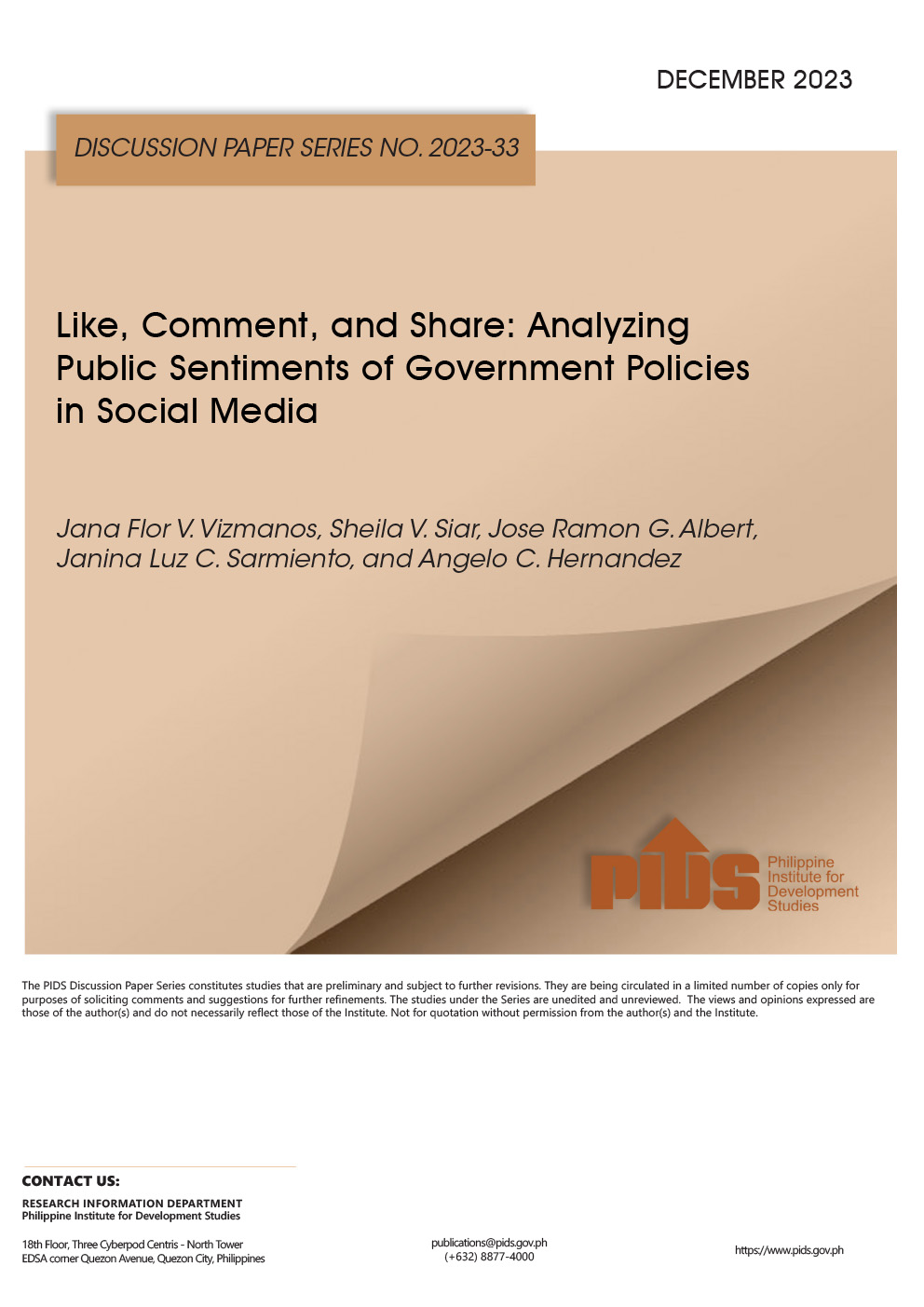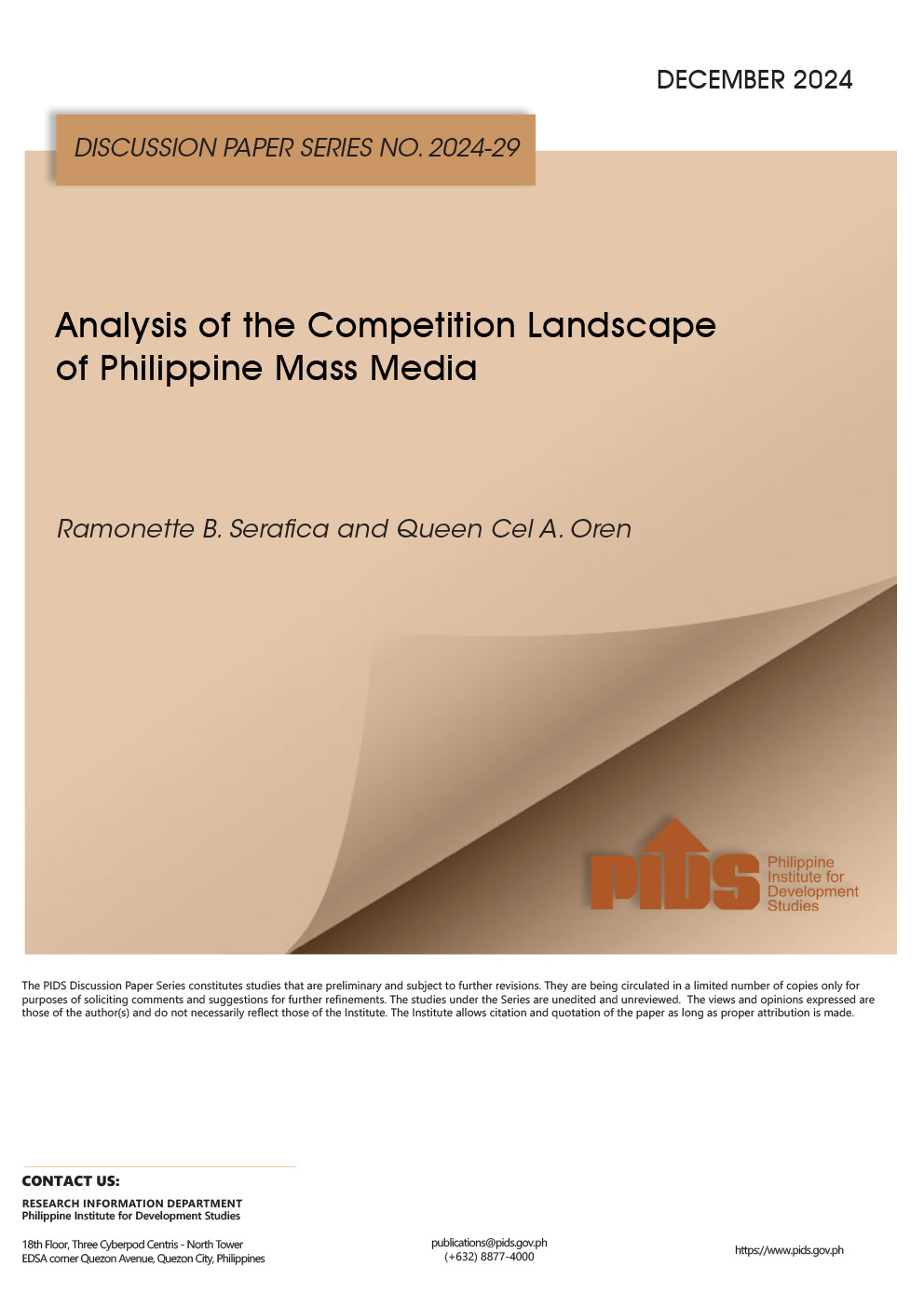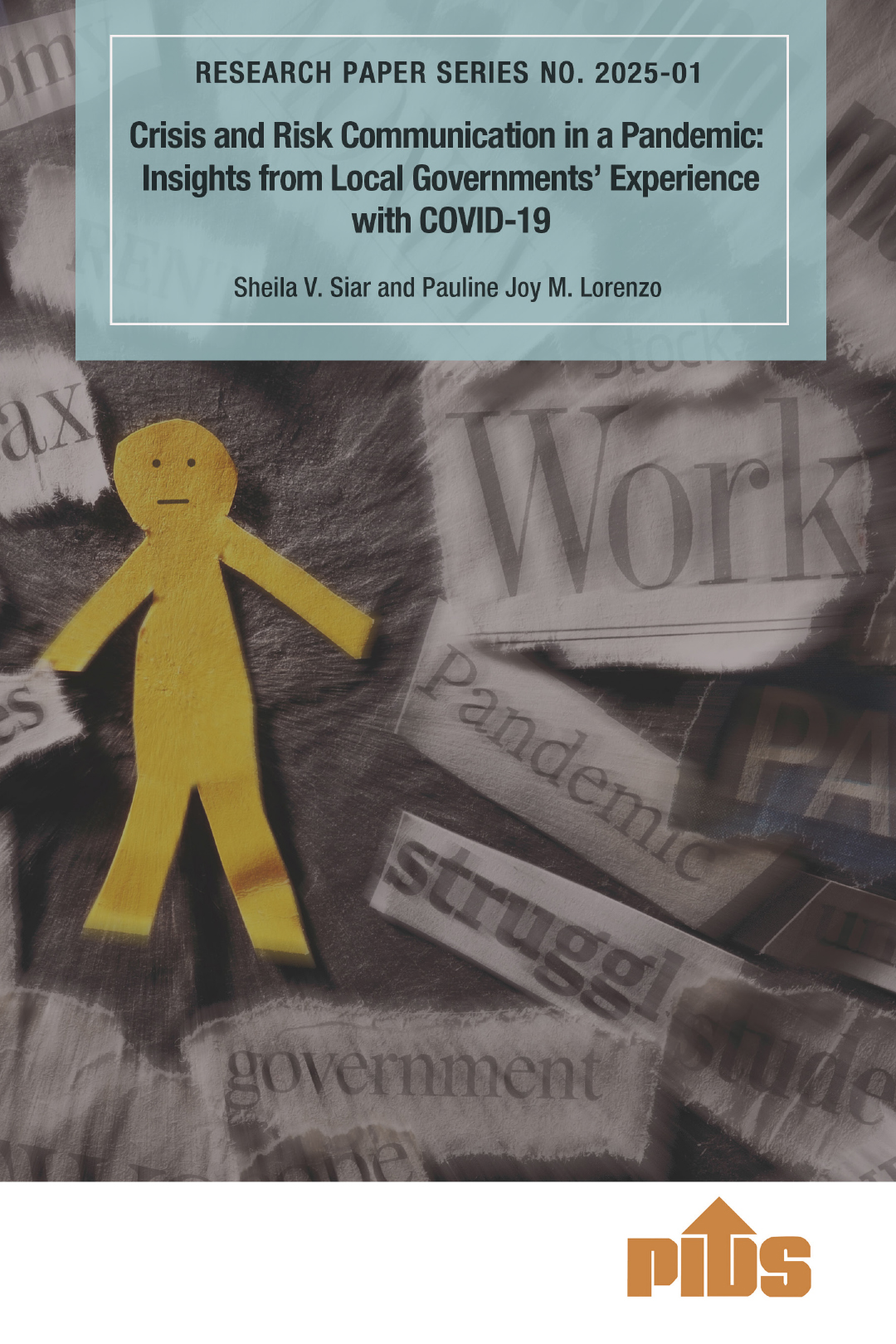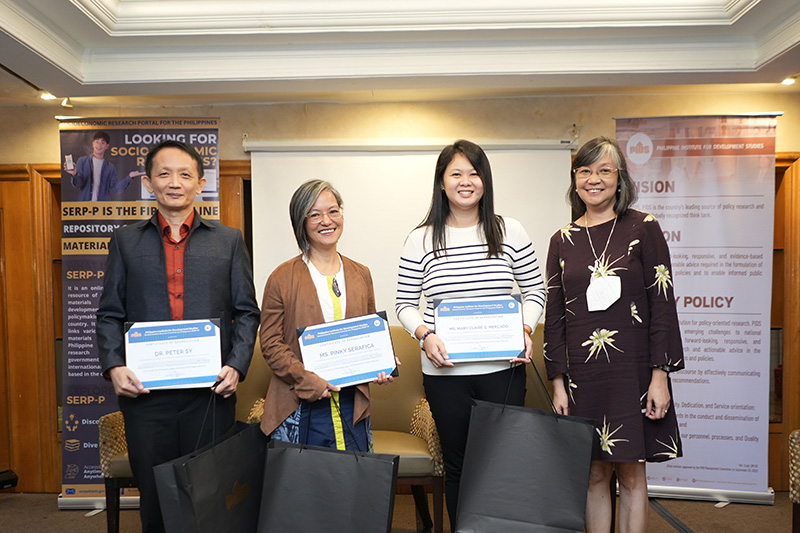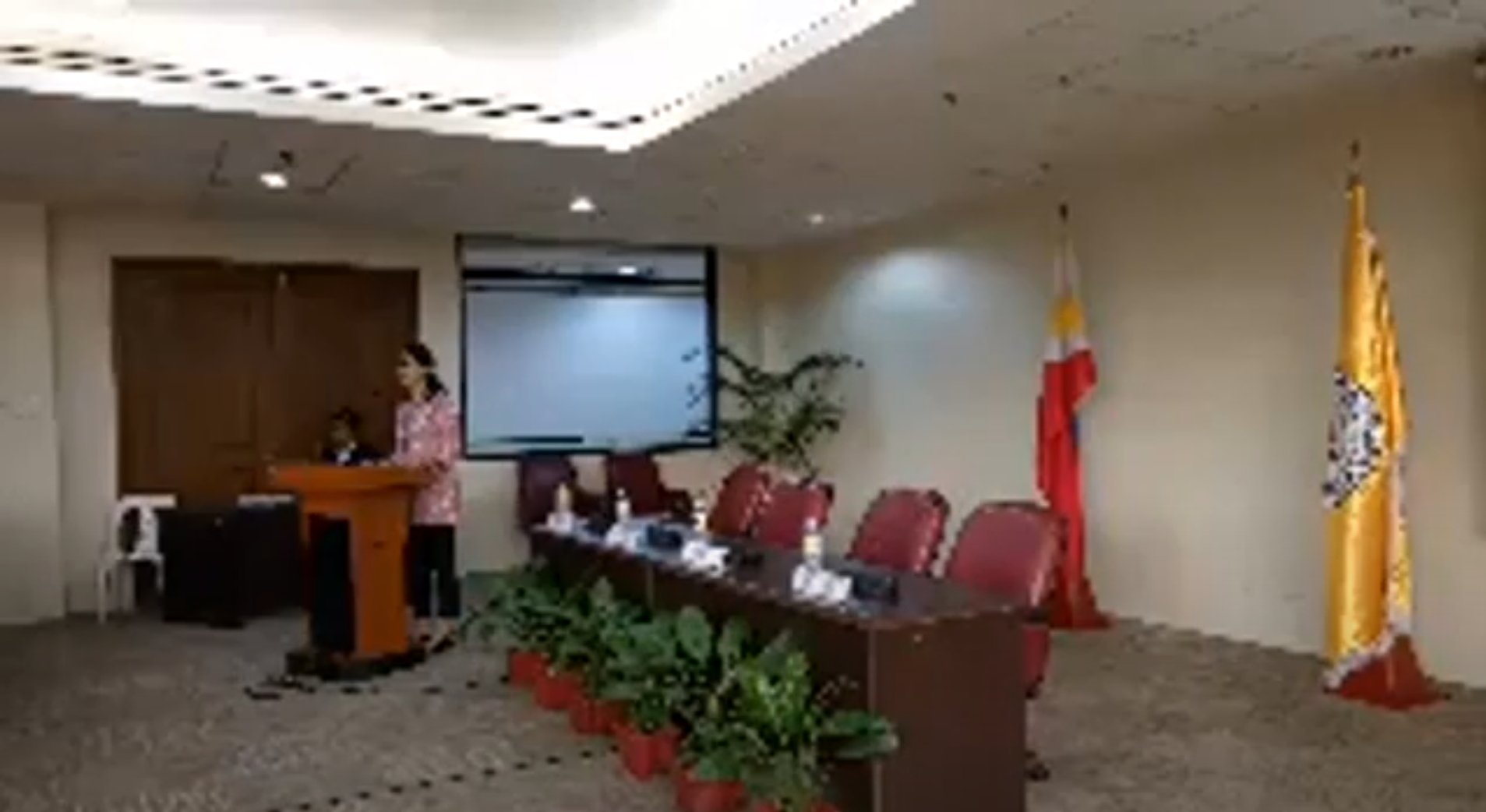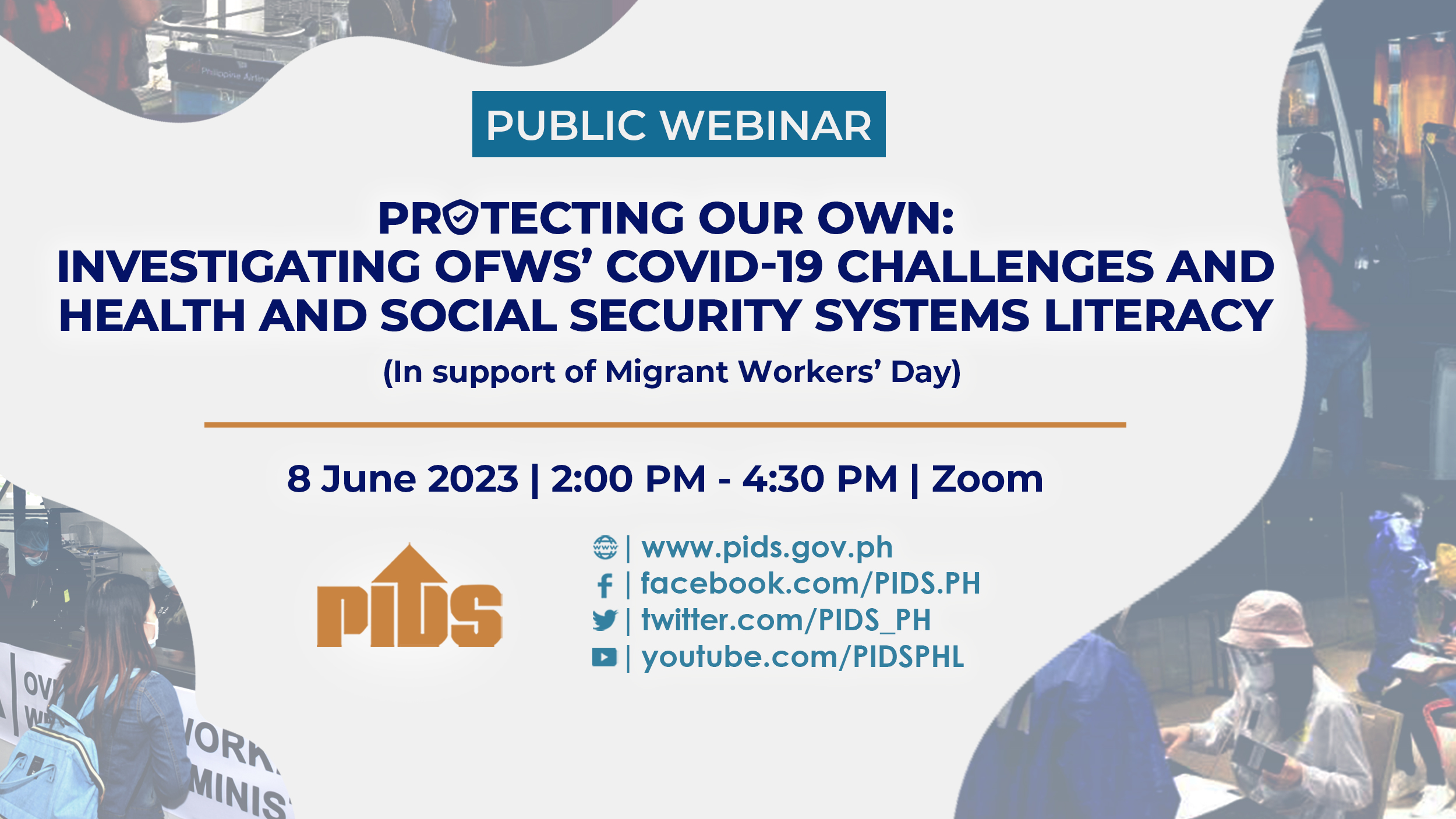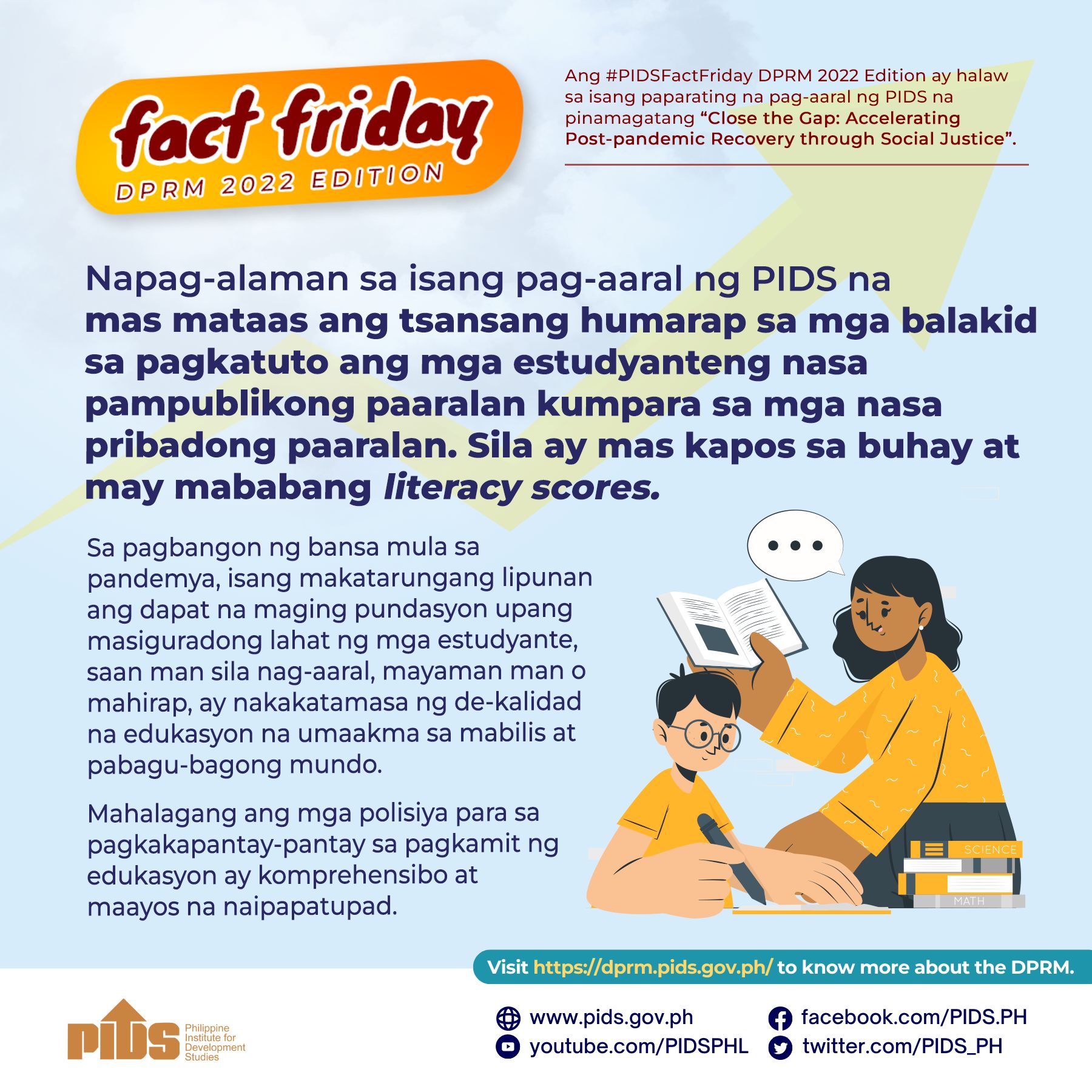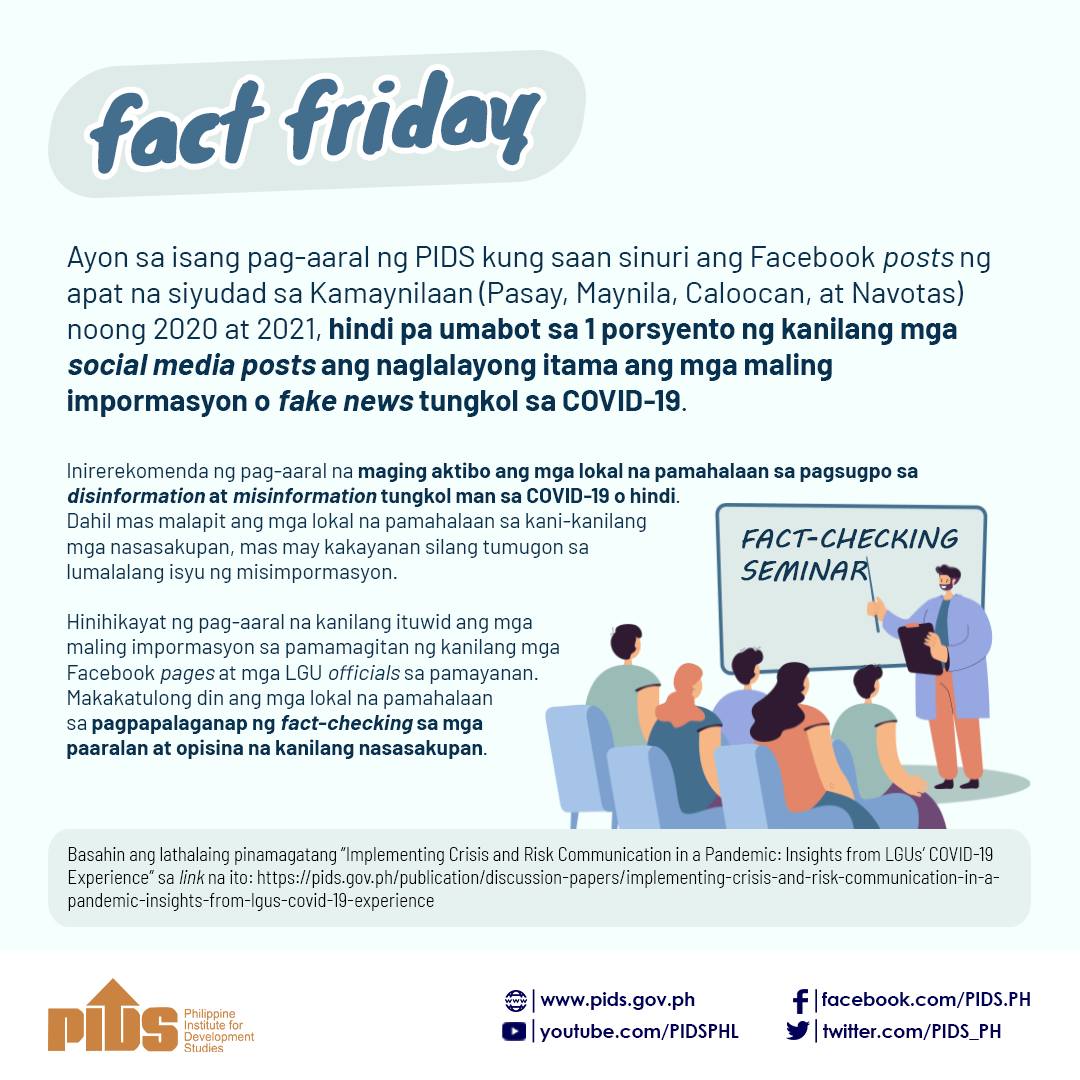MANILA – Fighting disinformation and misinformation does not necessarily include legislative intervention. Recent attempts to pass legislation to counter the spread of false information, journalists fear, will all the more threaten the state of press freedom in the country.
“For now we would like to urge caution in addressing the problem of ‘fake news’ through legislation that could be used for censorship,” the National Union of Journalists in the Philippines (NUJP) said in a statement.
At the Senate hearing on the proliferation of “fake news” on November 28, Sen. Raffy Tulfo called for the decriminalization of libel but only for what he described as legitimate journalists.
On December 6, the Senate Committee on Justice and Human Rights discussed Senate Bill No. 1296 by Sen. Jinggoy Estrada that seeks to criminalize fake news peddling. Media organizations and lawyers raised their concerns regarding the vague definition of “fake news” and that criminalizing it can lead to censorship. VERA Files founder Ellen Tordesillas urged lawmakers to refrain from using the term ‘fake news’ in legislation.
“We have seen the provision against ‘fake news’ during pandemic were used, for example against Victoria Beltran from Cebu detained for 60 hours [due to] a sarcastic Facebook post” the NUJP added.
What are the pending bills?
There are four measures that aim to criminalize the spread of false information. These are:
1) Senate Bill No. 1492 proposed by Sen. Joel Villanueva was filed on June 21, 2017. His proposal seeks to penalize any person who maliciously offers, publishes, distributes, circulates and spreads false news or information or causes the publication, distribution, circulation or spreading of the same in print, broadcast or online media.
2) Senate Bill No. 9 proposed by Sen. Vicente “Tito” Sotto III was filed on July 1, 2019. A bill prohibiting the publication and proliferation of false content on the Philippine Internet, providing measures to counteract its effect and prescribing penalties. The Department of Justice Cybercrime office will have the power to direct individuals and owners of platforms to take down content that contains false information.
3) House Bill No. 2971 proposed by Rep. Josephine Lacson-Noel and Rep. Gabriel Noel was filed last July 25, 2022. Their proposal seeks to criminalize the creation and dissemination of false news. The house bill will amend sections 3 and 4 of Republic Act No. 10175 or the Cybercrime Prevention Act of 2012.
4) Senate Bill No. 1296 proposed by Sen. Jinggoy Estrada was filed last September 7, 2022. His proposal seeks to classify fake news as a cybercrime under the Cybercrime Prevention Act of 2012 or Republic Act No. 10175.
The proposed laws are based on the Cybercrime Prevention Act of 2012 which has long been criticized as a threat to press freedom as online libel imposes a penalty that is one degree higher than that provided in the country’s Revised Penal Code.
In May 2022, the Office of Cybercrime at the Department of Justice reported that from some 3,700 cyber-libel charges filed, 1,317 reached trial while 1,131 were dismissed. Data also showed that 12 cases have led to a conviction, including the one filed against Nobel Prize laureate Maria Ressa and former Rappler researcher Reynaldo Santos Jr.
“Journalists and people in the media industry have been pleading to repeal this law not just because libel will become intensified and strengthened rather they want to decriminalize the libel as well as its chilling effect. Not just journalists but even communication, media and journalism students are asking to repeal this act,” journalist and educator Danilo Arao said during the Senate hearing.
Laws here long used to silence journalists
For journalists and media literacy advocates, there is every reason to be wary that the law criminalizing the spread of false information may be used to stifle press freedom.
“There are laws such as Libel and Bayanihan Heal as one Act that are used to silence journalists and people from social media,” Jonathan De Santos of NUJP said during the Senate hearing on the proliferation of fake news.
In March 2020, Republic Act No. 11469 or the Bayanihan to Heal as One Act was signed into law by former President Rodrigo Duterte. This includes a provision that penalizes the spread of false information on COVID-19. But journalists and media groups said this was used to harass and silence critical reports on the failed government response.
In July 2020, Radyo Natin Guimba (RNG), a community radio station in Nueva Ecija, faced a cyber libel case and violating the provisions of the Republic Act No. 11469 filed by Guimba Mayor Jose R. Dizon during the pandemic.
The radio station was charged over the report on the P16-million supplemental budget for COVID-19 response, which is posted on RNG’s Facebook account. Dizon accused the radio station of inaccurate and misleading reportage.
According to NUJP, RNG and its reporters have been receiving threats and other forms of harassment from the local government including the police officers.
In April 2020, Joshua Molo, editor-in-chief of the “Dawn” (the official publication of the University of the East), was forced to publicly apologize after he wrote a Facebook post criticizing the government’s COVID-19 response.
His former teachers from Cabiao National High School in Cabiao, Nueva Ecija threatened him that he will be reported to the authorities and will face cyber libel charges if he would not apologize for his remarks.
Vague definition
During the Senate hearing, lawyer Gilbert Andres, executive director of the Center for International Law, said that the definition of “fake news” in Senate Bill No. 1296 may be “overbroad” and potentially unconstitutional.
Among his concerns is the potential adverse effect of legislation in the film industry, citing how there are “films that are based on historical facts, those movie biographies such as Bonifacio: Ang Unang Pangulo.”
In the said film, Andres said the last scene showed Bonifacio holding his flag while leading his troops in a charge against Spanish forces. This flag slowly transitioned into the present flag of the Philippines.
“The scene was so powerful but if we based it on the historical data, Andres Bonifacio did not raise the flag,” he explained.
He emphasized that it has inaccuracy in terms of historical facts but it has literary truth and symbolic truth.
Censorship
Journalists and media literacy advocates also said that the proposed measures are also not promising for the Philippine media, who, in their duty as truth-tellers, have instead been labeled as “fake news” peddlers.
In 2018, Duterte labeled Rappler as a “fake news outlet” due to reportage on human rights violations.
The country’s largest television network ABS-CBN, during the height of its fight to retain its franchise to air on free television, was repeatedly tagged as “biased” in an effort to justify the attacks being hurled against them.
Journalists and newsrooms, especially those from the alternative media, have been relentlessly red-tagged and also labeled as purveyors of false information. Red-tagging has also translated to cyber-attacks and later the blocking of the website in an attempt to keep the public from having access to news and perspectives from the ground.
Arao said, “The government should also address the cases of red tagging that may result in violating human rights, as well as historical denialism or historical distortion that is clearly a manifestation of ‘fake news.’”
Solution: Educate the public
Instead of the proposed legislation, experts urged for the promotion of media and digital literacy in schools, especially since a 2021 survey by the Social Weather Stations revealed that 51 percent of Filipinos find it difficult to spot “fake news” on television, radio, or social media.
“It is essential for learners to equip them with knowledge and skills to protect their personal information online, detect false information and detect false information and use ICT tools responsibly,” Dr. Sheila Siar of Philippine Institute for Development Studies said during the Senate hearing.
For its part, NUJP said, “We joined other resource person saying that although fake news is a problem, it might be better addressed with better media and information literacy.”

